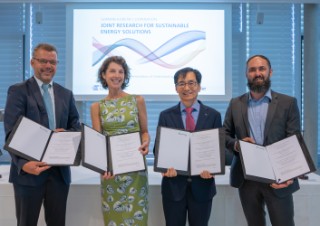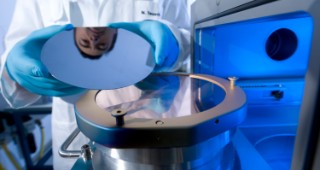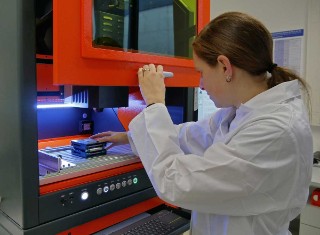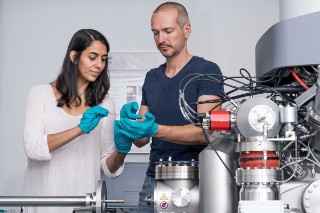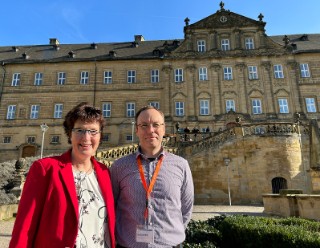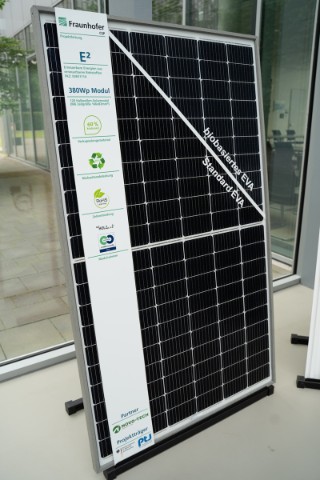
Sustainability and resource efficiency in the photovoltaic industry will have a significant impact on the future of renewable energies. Currently, raw materials and materials are still being used in solar modules that cannot be recycled at all or can only be partially recycled and have weaknesses in terms of environmental compatibility. This is where the recently completed project “E2 - E-Quadrat. Renewable energies from renewable raw materials”. Together with partners, the Fraunhofer Center for Silicon Photovoltaics CSP in Halle (Saale) has developed a solar module in which the components that are not directly required for light-to-electricity conversion are made from biodegradable materials, recyclable materials or renewable raw materials.
more info Fraunhofer Center for Silicon Photovoltaics CSP
Fraunhofer Center for Silicon Photovoltaics CSP